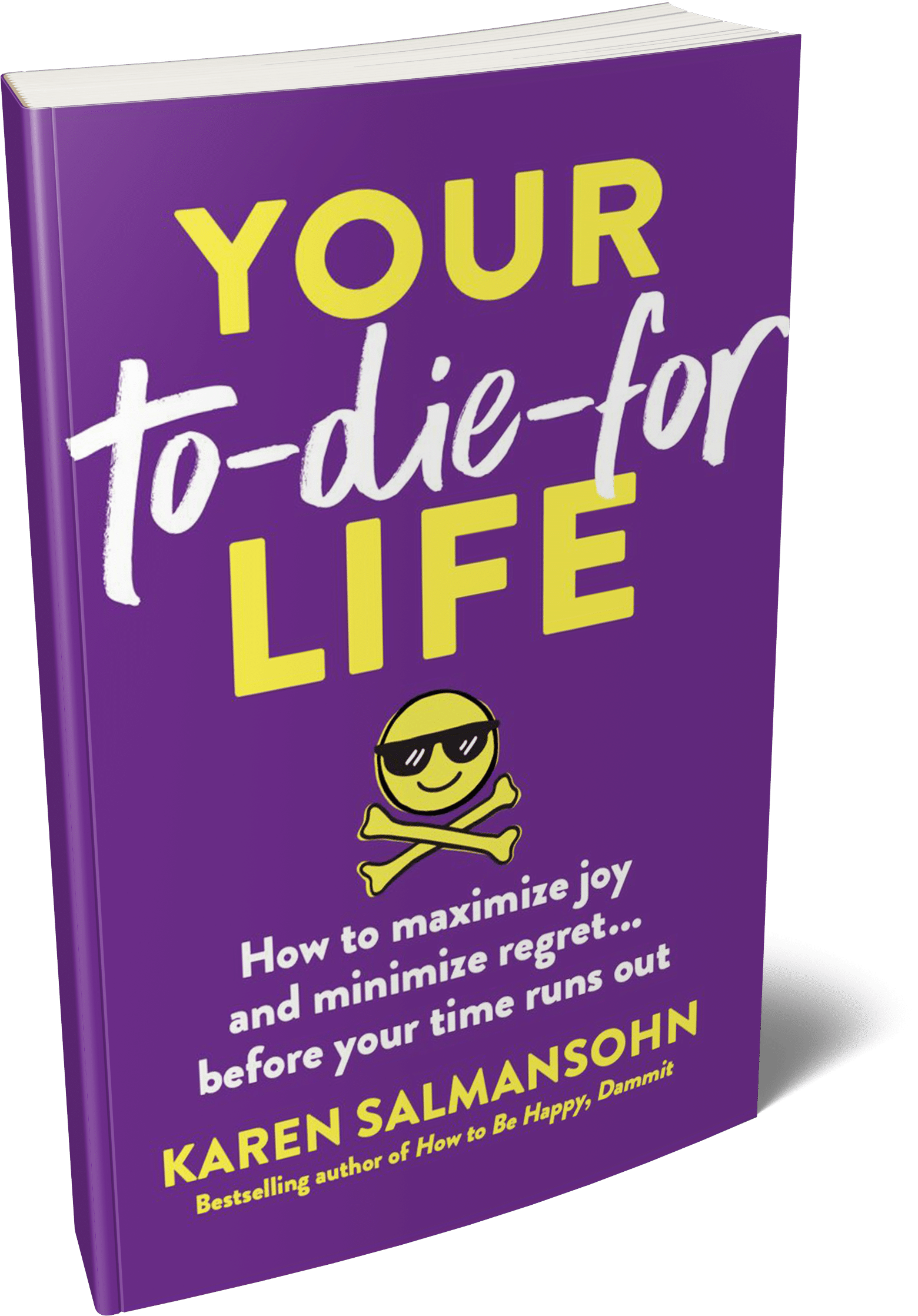
Get A Sneak Peek at my book “Your To-Die-For Life”!
Get a FREE sneak peek! Learn how to use Mortality Awareness as a wake up call to live more boldly.

Neuro-linguistic programming (NLP) practitioners are healthcare workers or therapists often called ‘magicians of change.’ They use the methodology of neuro-linguistic programming or NLP to coach and help others.
Neuro-linguistic programming started in the early 1970s in California. Its founders, a linguist and an information scientist and mathematician, believed that it’s possible to identify a successful individual’s thoughts and behavior. When these thoughts and behaviors are identified and shared with others, people can learn to develop better mindsets and actions.
Other professionals contributed to the field, which bloomed during the succeeding years. This achievement helped communicators integrate techniques and theories. It also attracted renowned mental health professionals and researchers.
As you might know, I’m a bestselling author, award winning designer and happiness researcher. I wrote a book called “Happy Habits.”
In my research, I learned a lot about how to make sure you develop positive habits which lead to your best life – by embracing specific principles of “habit formation.” One of these habit formation techniques was NLP! I also share about how to use NLP to stop emotional eating.
In this article I will be sharing some background on what NLP is and why you should embrace it.
NLP has three elements, which individuals must seek to accomplish: modeling, action, and effective communication. Achieving these may change how you communicate with yourself in more positive ways.
This language processing technique also uses perceptual, behavioral, and communication information for practitioners to change their thoughts and actions. Practical NLP techniques allow people to maintain positive narratives amidst difficulties.
So you’ll know what to expect when working with NLP practitioners, here are six facts about them and how they can help you.

Mental health problems need immediate action. These problems arise because of a lack of capacity to handle the self, and there’s nothing wrong with asking for help. NLP practitioners will gladly be of service.
NLP practitioners can provide counseling and therapies to help an individual recover. They may assist in treating various disorders like anxiety, phobias, communication issues, posttraumatic stress, depression, addiction, and other mental health conditions.
An individual needs to undergo Neuro-linguistic programming training to become an NLP practitioner. They also have to pass qualifying exams to get their license.
They have various areas of expertise, including basic coaching, assisting with weight loss, and smoking cessation. NLP practitioners can also help with hypnosis, phobia removal, mild mental health issues, stress, anxiety, and performance enhancement.
Though several studies show that even an ordinary person can process neuro-linguistic programming, guidance from a trained professional is necessary to experience significant life changes. NLP practitioners can provide valuable assistance to anyone that needs their services.
NLP practitioners also believe in the natural hierarchy of learning, communication, and change. These help them develop better theories to treat a patient and effective solutions to handle a problem.
According to the NLP practitioners, there are six logical levels of change. These are the following:
This refers to a person’s involvement in something larger than oneself. An example of this is spirituality and ethics. This is considered the highest level of change.
Identity refers to an individual perception of themselves. It also pertains to the individual’s role in the family, social group, community, and society.
These pertain to a personal belief system. This may include matters and virtues on how a person should act in specific situations. They also reveal a person’s moral standards.
These may include talents like singing, writing, dancing, and others. These may also be social skills and other capabilities based on intellectual capacity.
Behaviors are specific actions performed by a person. They may be learned from a different person or developed through experience.
The environment is the individual’s context or setting, including the people around them. Other people may also affect a person for how they think of themselves. It’s the lowest level of change.
Experienced NLP practitioners achieve a balanced mindset by using reality to create theories inside the mind. They then relate the images in their heads to facts using tests and observation.
Less experienced practitioners may find it difficult to put ideal scenarios in the context of reality. Thus, a balanced mindset and calm thinking are required skills for an NLP practitioner to succeed in their practice.
People have to confront changes constantly to respond to their dynamic environment. NTP practitioners focus on empowering individuals to commit to positive lifestyle changes and pursue excellence. Growth and development happen when people learn new ways to relate to themselves and others.
It’s unlikely for a practitioner to develop theories without asking why. It’s the natural habit of an NLP practitioner. These ‘why questions’ help them understand a person and make generalizations. This is what makes NLP different from traditional medicine, which focuses on treatment and care.
These questions are then transformed into a holistic perspective, specifically relating to the mind and body, emotions and experiences, behaviors, and values.
The role of NLP practitioners is less understood by the general public due to the holistic nature of their discipline. However, their practice can be a powerful resource for people seeking to experience healthy lifestyle changes. Maximizing the potential of neuro-linguistic programming in addressing people’s needs will start with acknowledging their skills and capabilities in improving the lives of many.
Learn how to tweak your habits so you lead a happier life.
Read my bestselling “Happy Habits Book”
P.S. Before you zip off to your next Internet pit stop, check out these 2 game changers below - that could dramatically upscale your life.
1. Check Out My Book On Enjoying A Well-Lived Life: It’s called "Your To Die For Life: How to Maximize Joy and Minimize Regret Before Your Time Runs Out." Think of it as your life’s manual to cranking up the volume on joy, meaning, and connection. Learn more here.
2. Life Review Therapy - What if you could get a clear picture of where you are versus where you want to be, and find out exactly why you’re not there yet? That’s what Life Review Therapy is all about.. If you’re serious about transforming your life, let’s talk. Learn more HERE.
Think about subscribing for free weekly tools here.
No SPAM, ever! Read the Privacy Policy for more information.